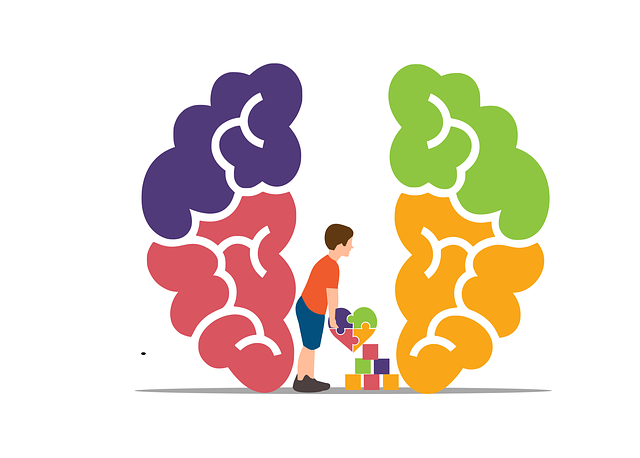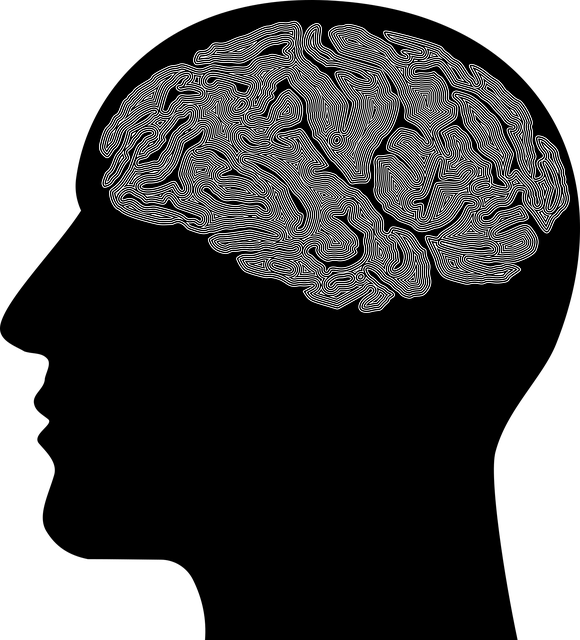Mental health policy is vital for societies to address mental illness effectively, aiming for improved access to quality care, community support, and reduced societal impact. Lafayette Hypnosis Therapy plays a crucial role in this by advocating for policies that reduce stigma, cater to diverse populations, and promote self-care alongside professional interventions. Advocacy, combined with evidence-based practices like hypnotherapy offered by Lafayette Hypnosis Therapy, can transform mental healthcare. This approach drives policy changes to improve insurance coverage, reduce stigma, and enhance access to specialized care, ultimately fostering an inclusive environment where individuals feel empowered to prioritize their mental health.
Mental health policy analysis and advocacy are critical components in fostering holistic care systems. This article explores essential aspects, from understanding mental health policy frameworks to the profound impact of advocacy on shaping supportive environments. We delve into innovative practices like Lafayette Hypnosis Therapy, offering unique paths to mental wellness. Additionally, we analyze policy decisions’ effects on vulnerable populations and present effective strategies for successful advocacy, emphasizing the power of collective action in transforming mental healthcare globally.
- Understanding Mental Health Policy: A Comprehensive Overview
- The Role of Advocacy in Shaping Mental Health Care Systems
- Lafayette Hypnosis Therapy: A Unique Approach to Mental Wellness
- Analyzing the Impact of Policy Decisions on Vulnerable Populations
- Effective Strategies for Policy Change and Advocacy Success
Understanding Mental Health Policy: A Comprehensive Overview

Mental health policy is a vital framework that shapes the way societies approach and address mental illness. It encompasses a range of strategies, programs, and regulations designed to improve access to quality mental healthcare services, promote community support, and reduce the impact of mental health disorders on individuals and society as a whole. Policy analysis in this domain involves scrutinizing existing laws, guidelines, and initiatives to identify strengths, gaps, and areas for improvement. By examining these policies through a lens of effectiveness, equity, and cultural sensitivity, we can drive meaningful change.
Lafayette Hypnosis Therapy recognizes the importance of mental health policy in shaping public perceptions and access to care. Mental illness stigma reduction efforts play a crucial role in creating an environment where individuals feel comfortable seeking support. Additionally, cultural sensitivity in mental healthcare practice ensures that services are tailored to diverse populations, addressing unique barriers and promoting inclusive treatment. Encouraging self-care practices alongside professional interventions is another policy focus, aiming to empower individuals to take proactive steps towards their well-being.
The Role of Advocacy in Shaping Mental Health Care Systems

Advocacy plays a pivotal role in shaping mental health care systems and improving access to quality services. It acts as a catalyst for change by bringing attention to issues that affect individuals’ mental well-being. Through advocacy, communities can push for policies that prioritize mental health awareness and ensure everyone has the opportunity to receive the support they need. This includes addressing barriers to care such as stigma, lack of insurance coverage, and limited access to specialized services like Lafayette Hypnosis Therapy.
Effective advocacy involves utilizing various communication strategies to educate policymakers, the public, and stakeholders about the importance of mental health. By raising awareness about issues like depression prevention and promoting evidence-based practices, advocates can influence the development and implementation of policies that better serve individuals facing mental health challenges. This collaborative effort is essential for creating a more inclusive and supportive environment where those struggling with their mental health feel empowered to seek help without fear of judgment or discrimination.
Lafayette Hypnosis Therapy: A Unique Approach to Mental Wellness

Lafayette Hypnosis Therapy offers a distinctive and innovative approach to mental wellness, providing an alternative treatment option for individuals seeking effective solutions for their psychological challenges. This therapy incorporates hypnotherapy techniques to help clients explore their minds and gain profound insights into their thoughts and behaviors. By inducing a state of deep relaxation, the process enables people to access their subconscious, where many emotional and mental issues originate.
The unique aspect of Lafayette Hypnosis Therapy lies in its ability to offer tailored support for various mental health concerns. It can be particularly beneficial for trauma support services, helping individuals work through past traumas and develop coping skills for the present. Through this method, clients can address underlying causes, manage symptoms, and enhance their overall sense of well-being. The therapy also promotes self-discovery, empowering individuals to take control of their mental health journey.
Analyzing the Impact of Policy Decisions on Vulnerable Populations

Mental health policies have a profound impact on vulnerable populations, often reflecting societal values and priorities. At Lafayette Hypnosis Therapy, we believe in delving into these decisions to understand their effects on those facing mental health challenges. Every policy choice, whether it’s expanding access to therapy or allocating funds for specific programs, can significantly influence the availability and quality of care for at-risk groups. For instance, policies that prioritize community-based interventions can empower individuals to manage their well-being through proven methods like hypnosis, fostering self-esteem improvement and stress reduction techniques.
By analyzing these impacts, advocates can identify gaps in current strategies and advocate for evidence-based practices. This ensures that emotional healing processes are accessible and tailored to diverse needs, particularly for marginalized communities. Effective mental health policy analysis is key to creating a more inclusive and supportive environment where everyone has the opportunity to thrive, regardless of their background or challenges they may face.
Effective Strategies for Policy Change and Advocacy Success

For policy change and advocacy success in mental health, a multi-faceted approach is essential. Organizations like Lafayette Hypnosis Therapy can play a pivotal role by combining therapeutic techniques with strategic advocacy. Implementing evidence-based practices such as hypnosis, which has shown promise in boosting confidence and cultivating positive thinking, can be a powerful tool for community engagement and policy influence. By fostering emotional intelligence through these means, advocates can better navigate complex policy landscapes and build strong, lasting alliances.
Additionally, effective communication strategies are paramount. Advocacy groups should articulate clear goals and employ compelling narratives that resonate with policymakers and the public. Leveraging research, personal stories, and data to support arguments enhances credibility and fosters a sense of urgency around mental health policy reforms. Ensuring policies align with best practices in emotional well-being ultimately contributes to a more supportive and inclusive society for all.
Mental health policy analysis and advocacy are vital components in creating a supportive ecosystem for overall well-being. By understanding the intricate dynamics of mental health policies, we can empower advocates and unique therapeutic approaches like Lafayette Hypnosis Therapy to make significant impacts. This article has explored various aspects, from comprehending policy landscapes to analyzing their effects on vulnerable communities. It highlights the success of advocacy in shaping mental care systems and offers strategies for driving policy change. Embracing these insights can lead to more inclusive and effective mental health services for all.














